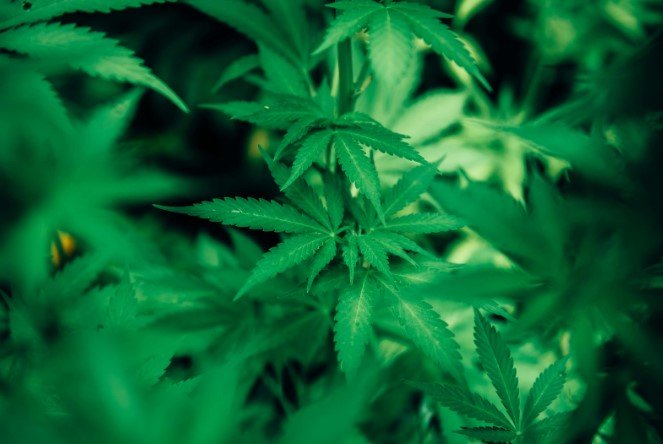A new study published in the JAMA Health Forum has examined the impact of recreational cannabis laws (RCLs) on workplace injuries among workers aged 20 to 34 years. The study found that RCLs that allow recreational cannabis sales were associated with a 10% increase in workplace injuries in this age group compared to states without such laws.

The Study Methodology and Data
The study, titled “Recreational Marijuana Legalization and Workplace Injuries Among Younger Workers,” was conducted by researchers from the University of Wisconsin-Parkside, San Diego State University, and Bentley University. The researchers used data from the Bureau of Labor Statistics Survey of Occupational Injuries and Illnesses (SOII) to analyze state-by-year data on workplace injury rates from 2006 to 2020. The analysis sample included 632 state-year observations.
The researchers controlled for various factors that could affect workplace injury rates, such as the presence of medical marijuana laws, marijuana decriminalization or depenalization laws, macroeconomic conditions, demographic characteristics, substance use policies, tobacco policies, per capita COVID-19 deaths, and the maximum workers’ compensation benefit.
The Study Findings and Implications
The study found that RCLs that allow recreational cannabis sales were associated with a 10% increase in workplace injuries among workers aged 20 to 34 years, two and three years after the adoption of the laws. This effect was consistent across different types of injuries, such as sprains, strains, tears, fractures, cuts, lacerations, and amputations.
The researchers suggested that the increase in workplace injuries among younger workers could be due to the impairment of cognitive functioning or the gateway effect of cannabis use, leading to the use of harder drugs. They also noted that previous studies have found that RCLs were associated with a decrease in workers’ compensation claims and certain injuries among older workers, possibly because older workers use cannabis for pain relief or as a substitute for other substances.
The study concluded that RCLs have heterogeneous effects on workplace safety across different age groups and that more research is needed to understand the long-term consequences of cannabis legalization on workplace health and well-being.
The Study Limitations and Future Directions
The study acknowledged some limitations, such as the potential measurement error in the SOII data, the lack of information on the frequency and intensity of cannabis use among workers, the possibility of unobserved confounding factors, and the generalizability of the results to other countries or contexts.
The researchers suggested that future studies could use more granular data on cannabis use and workplace injuries, such as individual-level data or industry-level data, to examine the causal mechanisms and the heterogeneity of the effects of RCLs. They also recommended that policymakers and employers should consider the potential costs and benefits of RCLs on workplace safety and productivity and implement appropriate regulations and interventions to mitigate the negative effects of cannabis use among workers.
